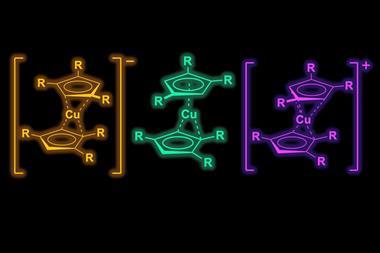Study claims some scientists are behaving unethically to inflate impact factors and boost their careers
A Serbian study claims to have uncovered a ‘citation cartel’ in which two Bosnian journals listed by Web of Science and Journal Citation Reports are practicing an ‘alarming level of misconduct’ with ‘substantial involvement of large groups of authors from Serbia’.
There is also evidence that the two journals, HealthMed and TTEM, published by DRUNPP, follow ‘predatory practices’, charging authors a great deal but giving little back in terms of peer review and editorial, according to the study by the independent Centre for Evaluation in Science and Education (CEON), in Belgrade. A petition started by scientists last year asked the Serbian government to step in and put an end to these practices.
The researchers found that the journals’ impact factors ‘comes entirely from self-citations, their mutual citations exchange and citations delivered by Serbian authors’. They also say that a large number of these citations are either unjustifiable or fabricated. The report’s author Pero Šipka, head of CEON, also adds that malpractice has been perpetuated by authors from several Serbian institutions, who benefit professionally by publishing in those journals.
Based on the report’s findings, Šipka calls for the indexing services the journals are listed on to deselect them. He also calls upon scientists who have published with them to withdraw their studies. The report also recommends that the Serbian science ministry and national council for science should remove the journals from its list of international publications; cease to recognise any papers published in the two journals and punish authors who were heavily involved in misconduct.
The institutions the journals editors are employed by should also consider ‘measures against their staff’ as they are ‘obviously most responsible for both masterminding technologies of manipulation’, Šipka says.
The editors of the two journals did not respond to requests for comment.
‘In Serbia, the National Council for Science and Technology Development reacted promptly and suspended papers published in the two journals,’ Šipka says. ‘What will happen with the authors who committed misconduct by providing journals with fabricated citations, is out of the council’s responsibility and is still to be determined.’
Semir Vranic, fellow at the clinical centre of the University of Sarajevo, Bosnia and Herzegovina, tells Chemistry World that the quantity and quality of research in the region is ‘very low’, with few papers making it into quality journals. ‘From such low scientific productivity, which is deeply rooted, stem bad journals,’ he says. ‘There is certainly fabrication of data, as well as other drawbacks such as bad journal design, purely descriptive studies […] The problem can definitely be solved through legislation, but in Bosnia there is currently no one who can draw it up nor will that happen in the near future,’ he adds.












No comments yet